Rwanda’s Northern Province Students and Educators Ready for PISA 2025
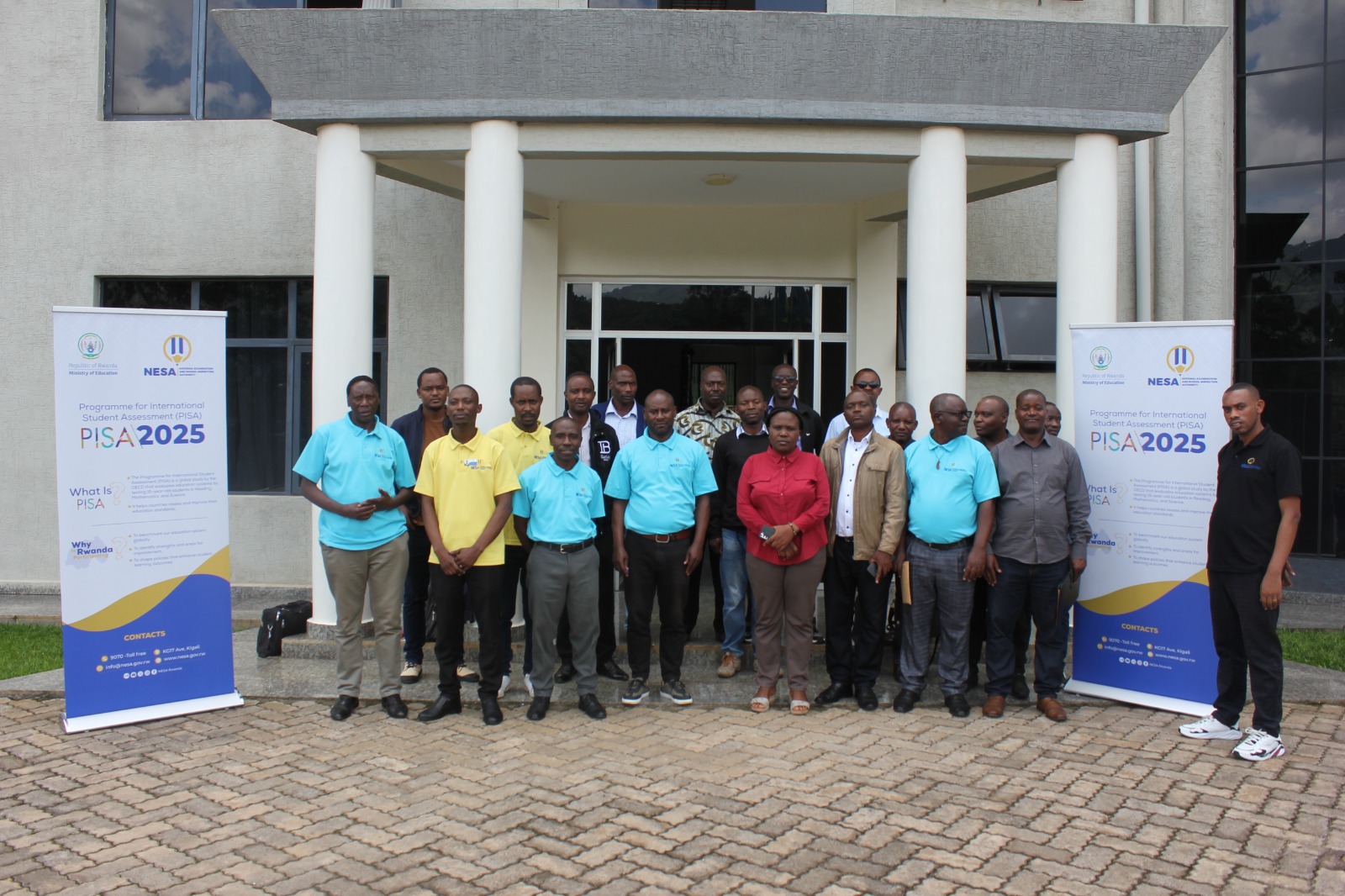
For the first time, Rwanda will participate in the Programme for International Student Assessment (PISA) 2025, an international test that measures how well 15-year-old students can apply their knowledge in reading, mathematics, and science to real-world situations. With 91 countries taking part, this is a huge moment for Rwanda’s education system.
Across the country, preparations are in full swing. In the Northern Province, particularly in Musanze and Gakenke districts, students, teachers, and school leaders are eager to take on the challenge. They see this as more than just a test—it’s a chance to show what they can do, push themselves, and make their country proud.
Students Excited for the Challenge
For many students, PISA 2025 is an opportunity to test their knowledge beyond the classroom and gain valuable experience.
Gihozo Miracle, a third-year student at ESSA Ruhengeri, is ready to give it her all.
“To succeed, I will work hard on the exercises they give us. PISA 2025 will help me think critically and solve problems, which is really important. I know we can do well, and I want to make Rwanda proud,” she said with confidence.
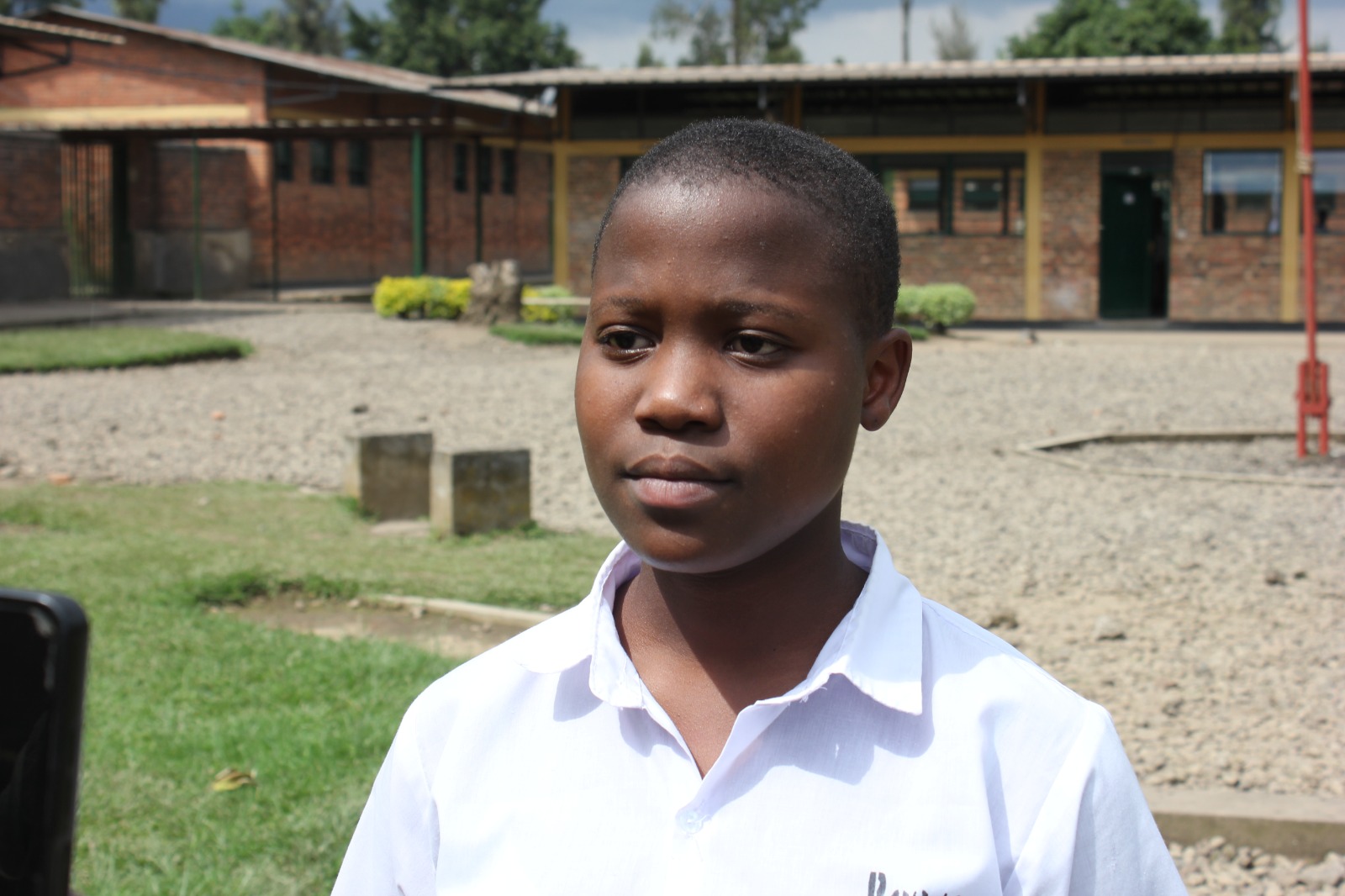
For Manishimwe Dorcas, a fourth-year nursing student at the same school, the exam is both exciting and nerve-wracking.
“I feel like this assessment will sharpen my thinking skills. With God’s grace, I believe I will succeed,” she shared.
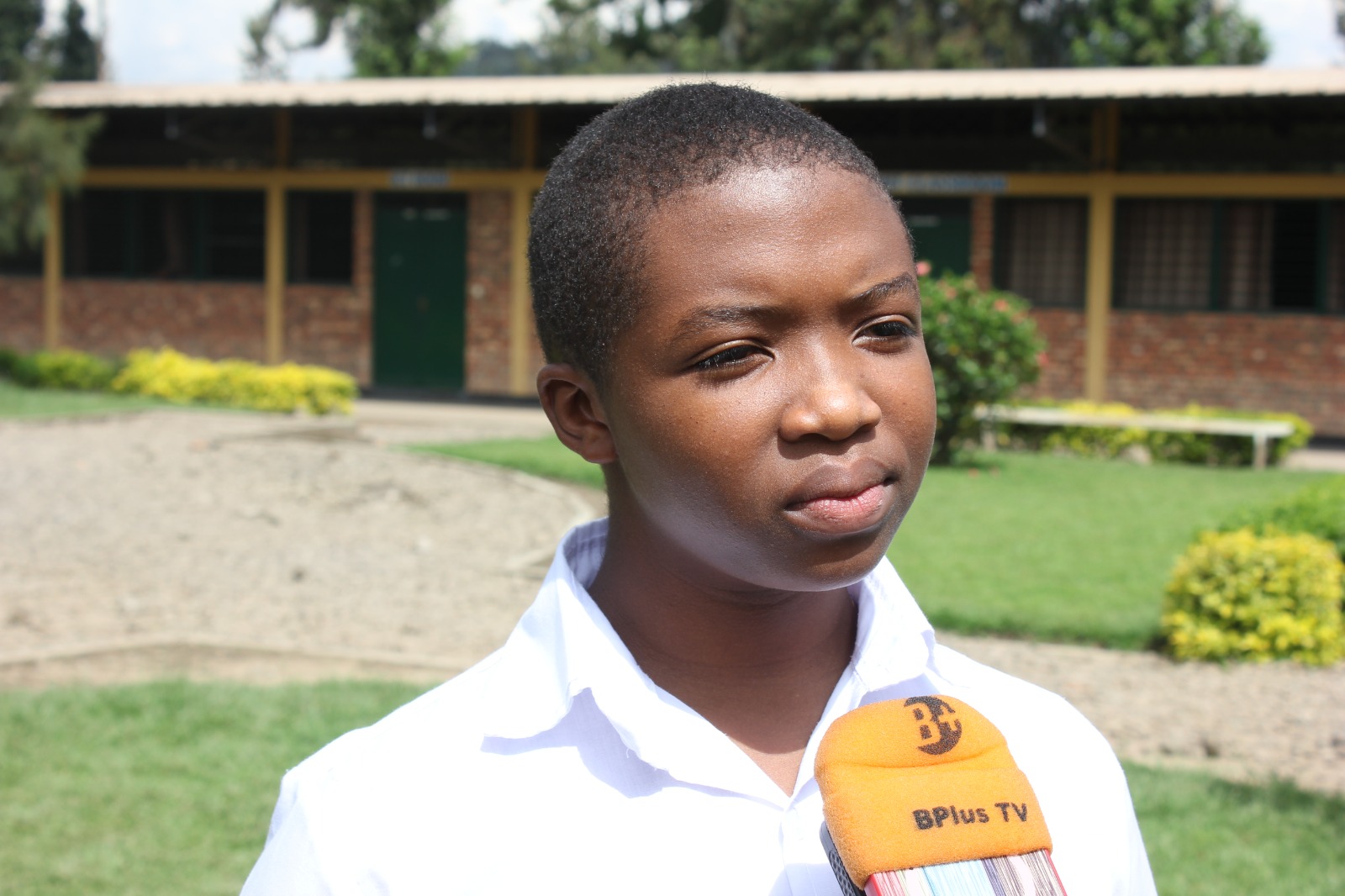
Their excitement reflects the determination of many students who see PISA 2025 as an opportunity to grow, learn, and prove themselves on an international level.
Teachers and School Leaders Committed to Success
Teachers and school administrators are also doing their part to support students in this journey.
Callixte Musabyimana, Principal of Collège Méthodiste Unis de Rushashi in Gakenke district, sees PISA as more than just an assessment—it’s a chance for Rwandan students to compete on a global scale.
“PISA 2025 will help us understand how our students compare internationally. It will also improve the quality of education and encourage students to think for themselves,” he said.
At ESSA Ruhengeri, headteacher Niyibizi Faustin emphasized that this is a moment of pride for the whole school.
“Our role is to support students so they can strive for excellence. Competing with students from other countries is a great challenge, but we believe in them. They have the ability to bring honor to their school and their country,” he said.
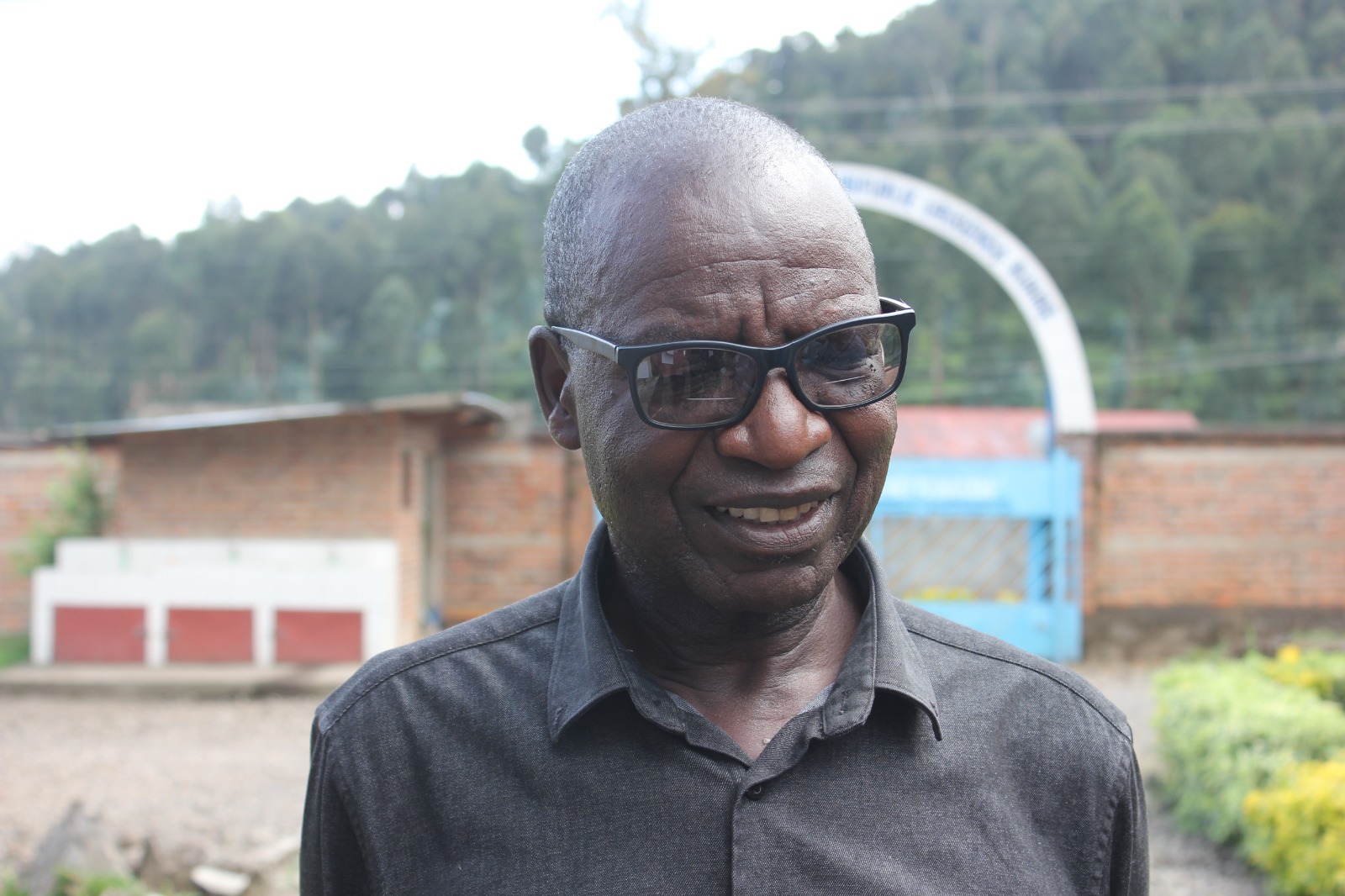
Officials Encourage Schools to Embrace PISA 2025
Local education officials are making sure schools are well-prepared for the assessment.
Marie Thérèse Uwamahoro, Deputy Mayor in charge of Social Affairs, encouraged school leaders who received PISA training to share what they’ve learned with teachers so that everyone is prepared.
“This assessment will push students to study harder, not just to compete but to really understand their subjects. That benefits them, their families, and the whole country. We encourage school principals to train teachers on PISA 2025 so they can guide students effectively,” she said.
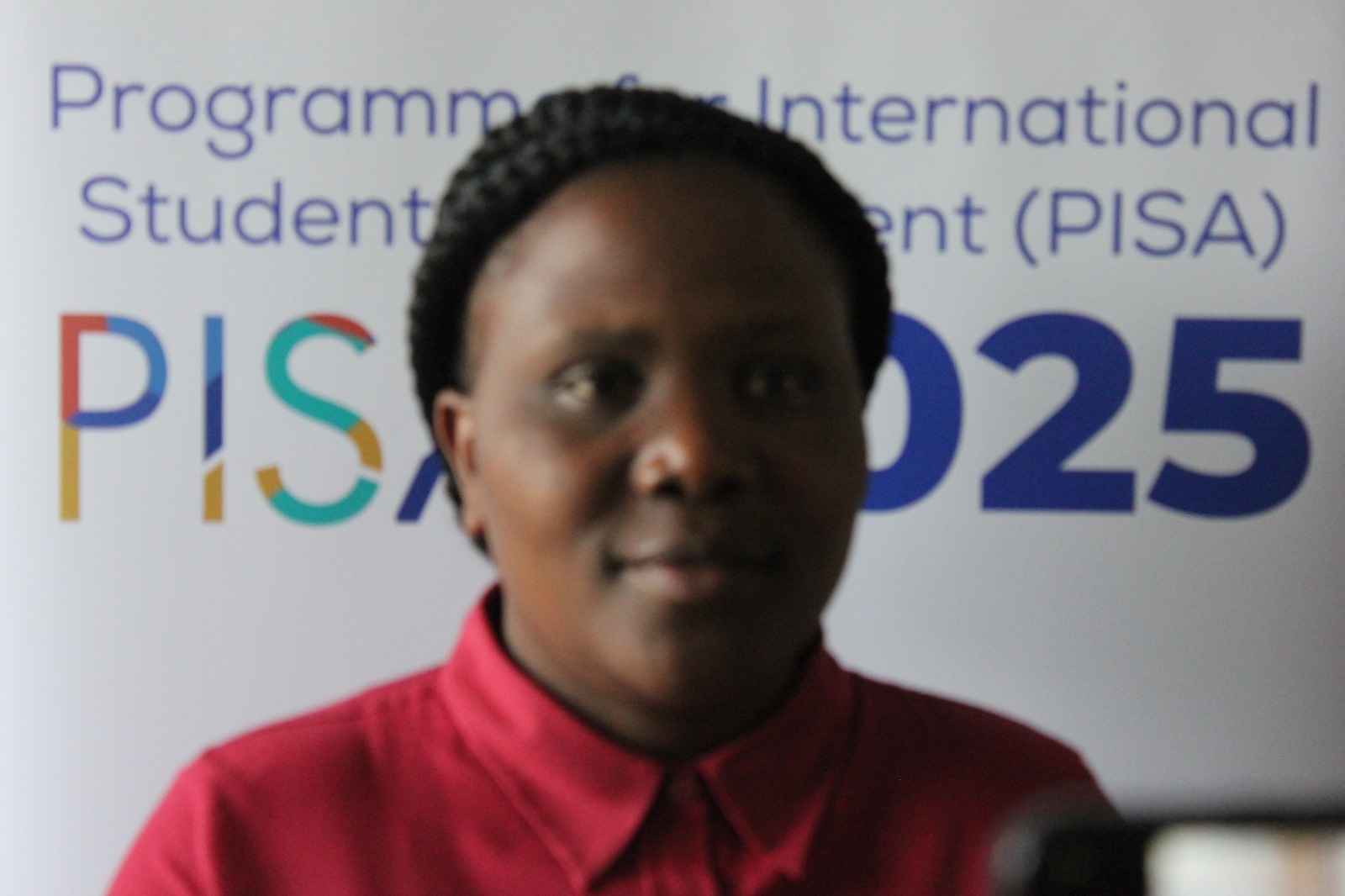
During the official launch of the campaign on March 17, 2025, Dr. Bernard Bahati, Director of the National Examination and School Inspection Authority (NESA), reminded students that they are not just representing themselves—they are carrying the hopes of an entire nation.
“This is a big opportunity. You are representing Rwanda. If you do well, the whole country will celebrate you,” he told them.
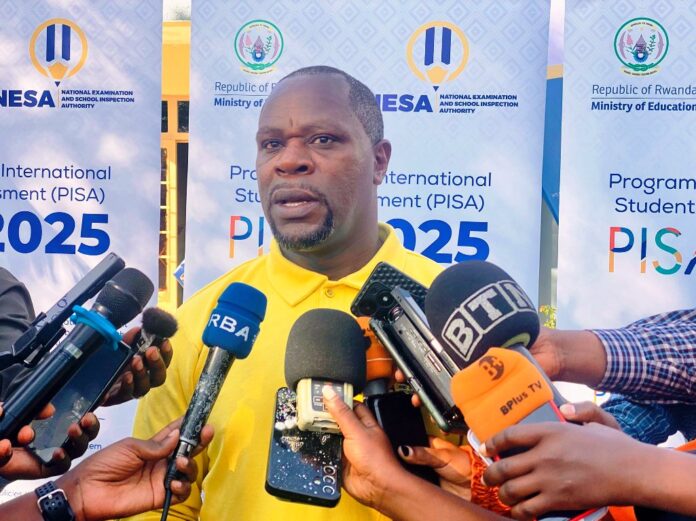
PISA is an international study conducted by the Organisation for Economic Co-operation and Development (OECD) every three years. Unlike traditional school exams, it doesn’t just test what students have memorized—it measures how well they can use their knowledge to solve real-world problems.
The assessment covers three key areas:
• Reading Literacy – Understanding and interpreting written texts.
• Mathematical Literacy – Applying math concepts to everyday situations.
• Scientific Literacy – Thinking critically about scientific concepts and their impact on daily life.
Rwanda has selected 213 schools, with each school contributing 35 students to the assessment. The exam will be paper-based, and the results will give policymakers and educators valuable insights into how students are learning and where improvements are needed.
While several regions across the country are preparing for PISA 2025, the energy and commitment of students and teachers in the Northern Province reflect the shared national effort to improve education and prepare young people for the future. As the countdown to the assessment continues, there’s a strong sense of hope, determination, and pride across Rwanda.
Related Articles
Late February Weather Alert: Heavy and Above-Average Rainfall Forecast Across Rwanda
The Ministry in charge of Disaster Management (MINEMA) has issued a weather...
GBOX Launches AI Literacy Initiative to Support Rwanda’s Digital and Sustainable Development
A new Artificial Intelligence (AI) literacy program has been introduced last week...
Global Agri & Food Safety Congress 2026: Building Resilient Food Systems in a Changing Climate
On 26–27 February 2026, international experts, researchers, industry leaders, farmers, and policymakers...
Why Animals Are a Key Piece of Africa’s Disaster Resilience Puzzle
Across Africa, people and animals have coexisted for centuries, not just sharing...


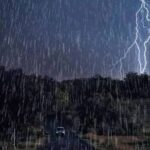
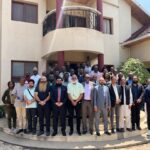

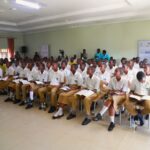
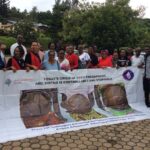


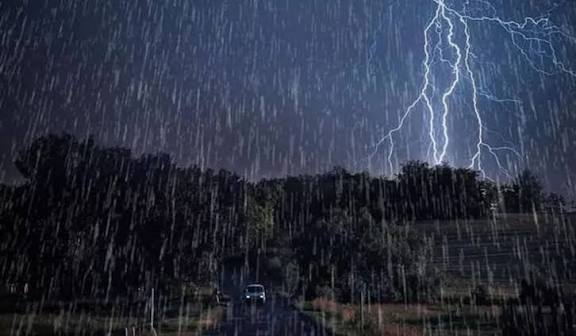
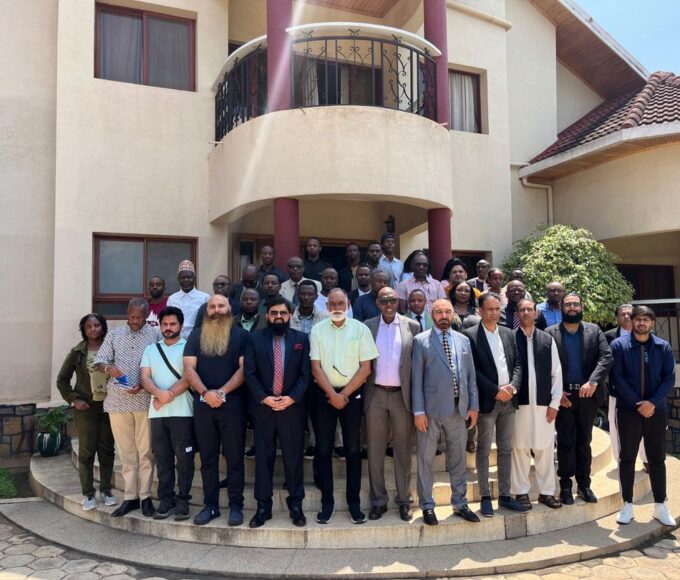

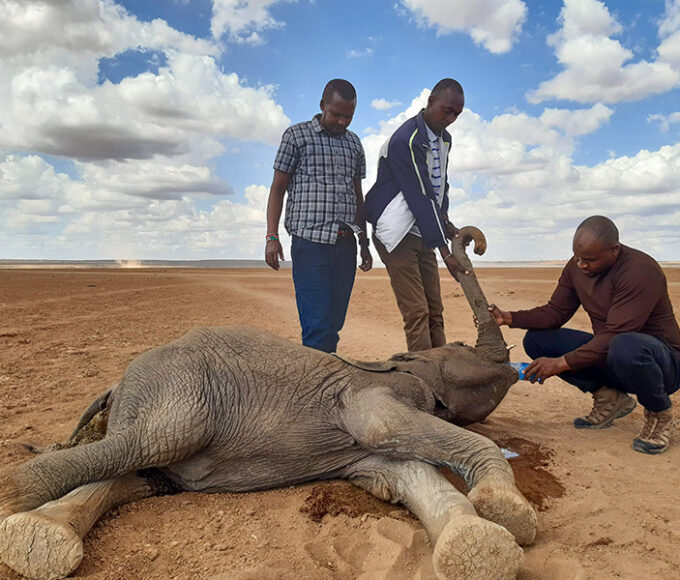
Leave a comment